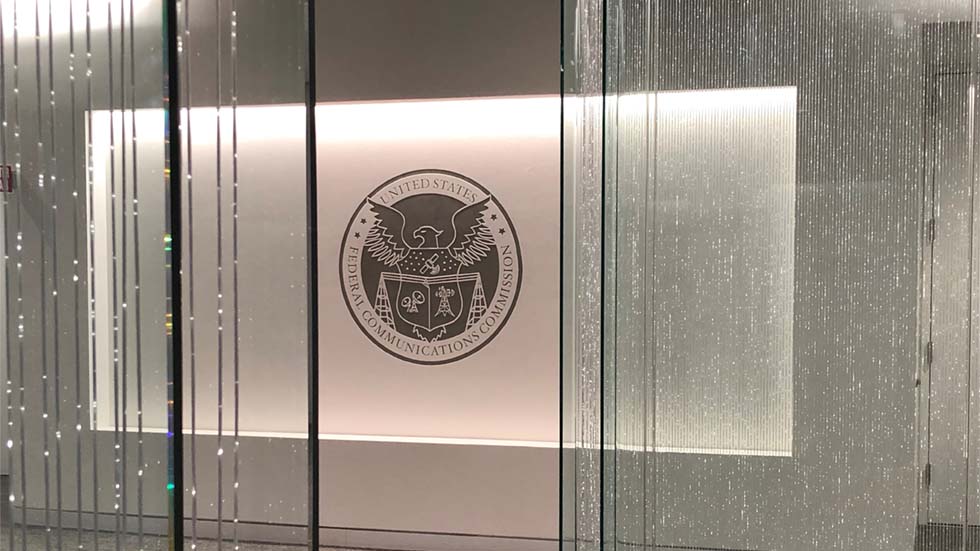State AGs Say FCC Can't Raise Ownership Cap
WASHINGTON—Attorneys general from a handful of states have told the FCC it does not have the authority to raise the 39 percent national audience reach cap for TV station groups, that it does have the authority to eliminate the UHF discount, and that it should eliminate the discount.
That came in comments this week on the FCC's inquiry into whether it should raise, or lower, or retain the cap, and how that dovetails with the UHF discount that counts only half a UHF TV station's audience toward that cap.
The FCC under chairman Ajit Pai reinstated the cap, saying the previous commission should have considered the cap and the discount together, which it is now doing.
The AGs were from Illinois, Iowa, Maine, Massachusetts, Pennsylvania, Rhode Island, California and Virginia. Initially the filing excluded California, but that was a mistake corrected in a follow-on filing.
They said they were weighing in on the issue because they are "he chief consumer protection and law enforcement officers in our respective states, we are responsible for promoting and defending the public interest," and that "raising the national audience each limit and/or maintaining the UHF discount fails to further the public interest."
[FCC Seeks Comment on National Reach Cap]
The AGs appear fairly convinced this deregulator FCC majority will wind up lifting the cap, if not doffing it altogether.
Get the TV Tech Newsletter
The professional video industry's #1 source for news, trends and product and tech information. Sign up below.
They argue that getting rid of the cap would threaten diversity, competition, and localism, and cites Sinclair Broadcasting, whose Tribune deal would benefit from lifting or eliminating the limit, pointing out that it distributes news stories that must run in its newscasts. They extrapolate that to local preferences being lost in other programming—sports, religious, science—if "as a result of excessive consolidation, a large owner requires all of its stations to show particular sporting contests, religious celebrations, or scientific perspectives."
A politically, and philosophically, divided FCC voted Dec. 14 to launch a review of the FCC's national 39 percent broadcast audience reach cap. (It was as busy meeting, also including the FCC's rollback of net neutrality regs).
TV station group owners cannot own stations that reach more than 39 percent of the national audience, with waivers in some circumstances.
The FCC is looking at whether it can modify the cap, which was created by Congress, and if so, whether it should be lowered or, more likely under this FCC, raised or eliminated altogether given the increasing programing and technological options for accessing content.
It also asks whether to retain the UHF discount, which allows station groups to count only half their UHF station audience toward that cap, and if not, should the cap be adjusted.
[Deregulation Picks Up Steam: New Media Rules Foreshadow a New Terrain for Broadcasters]
"We need to take a holistic look at the national cap rule, including the UHF discount," chairman Ajit Pai said of the review when it was approved in a 3-2 party line vote. "The marketplace has changed considerably due to the explosion of video programming options and various technological advances that have occurred since the cap was last considered in 2004. So we need to examine whether our rules should change accordingly. That’s an important discussion that will be informed by the facts in the record—not anything else."
The item drew no tentative conclusions. Chairman Pai said the item was all about developing a record and could not say when any action would be taken.
This article originally appeared on TVT's sister publication B&C.
Contributing editor John Eggerton has been an editor and/or writer on media regulation, legislation and policy for over four decades, including covering the FCC, FTC, Congress, the major media trade associations, and the federal courts. In addition to Multichannel News and Broadcasting + Cable, his work has appeared in Radio World, TV Tech, TV Fax, This Week in Consumer Electronics, Variety and the Encyclopedia Britannica.

